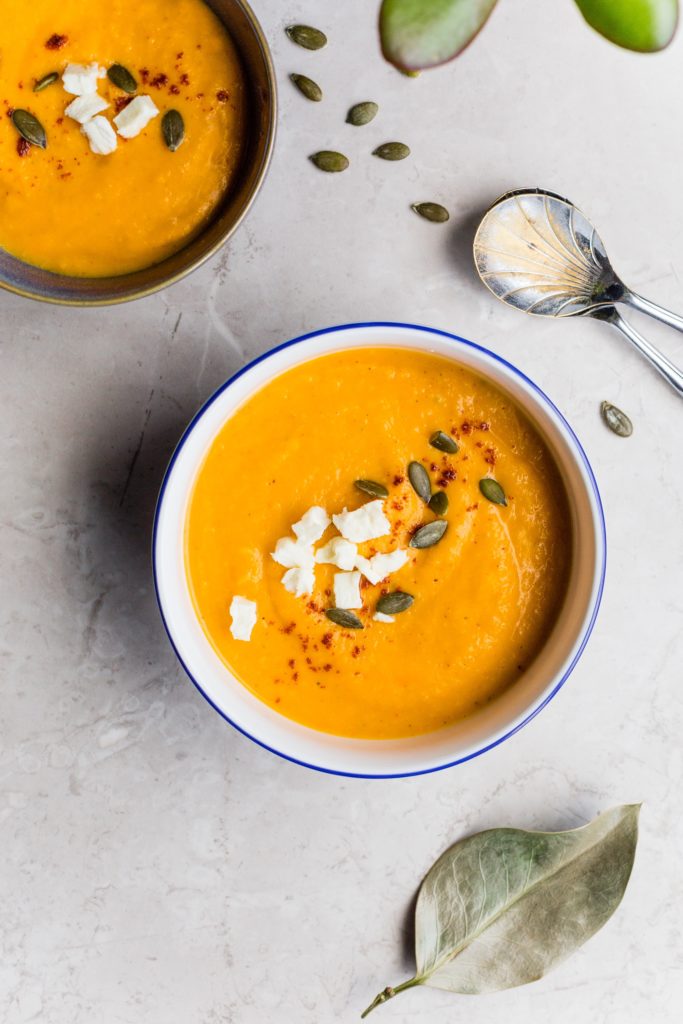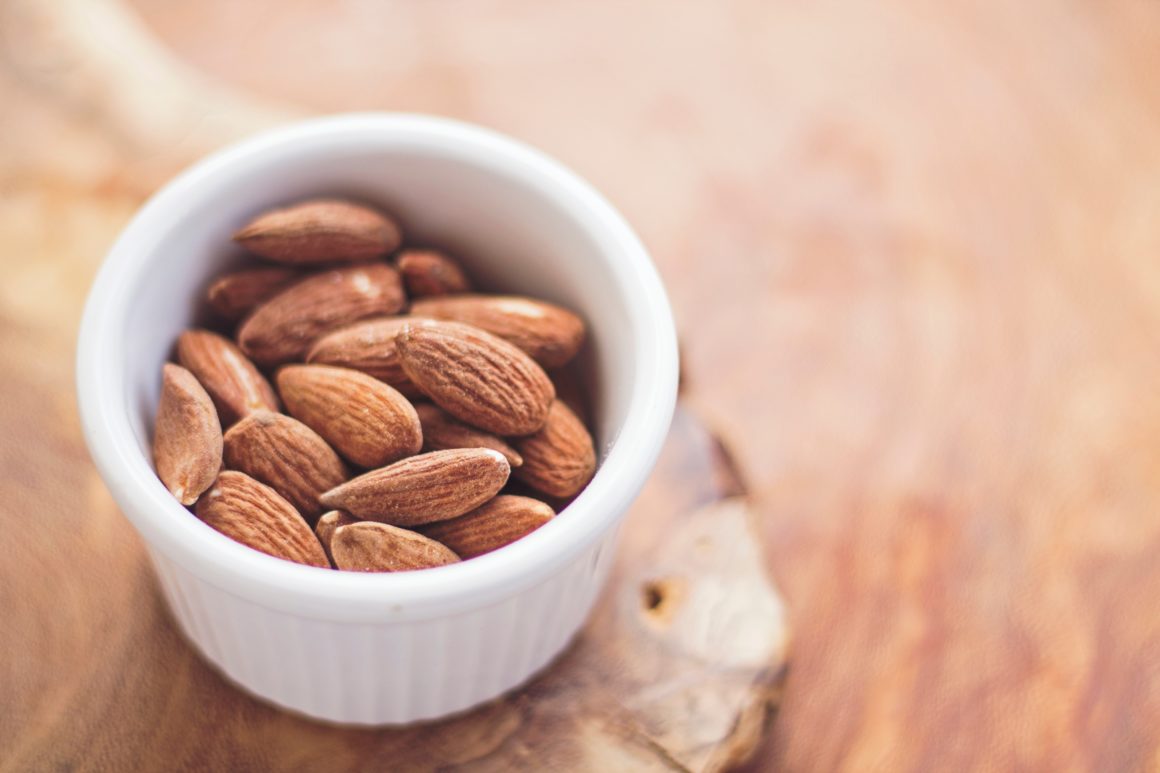If you’re a vegetarian, or thinking about becoming one, chances are you’ll be asked if you’re getting enough protein. With the growing popularity of a protein-packed diet, you may already be asking yourself the same thing. According to the Academy of Nutrition and Dietetics, a vegetarian diet can meet your protein requirements and provide all the essential amino acids needed for optimal health. Let’s take a closer look at this nutrient.
Why Do We Need It?
Proteins are made up of amino acids, which are the building blocks of muscle, skin, bone, hair, and nails. They’re also involved in the creation of many important substances necessary for life. Of the 20 amino acids, nine are essential and must be obtained in the diet. Most plant proteins are low in one or two essential amino acids, so as a vegetarian it’s important to focus on variety in order to meet your body’s needs. It was once thought that grains and legumes should be combined at meals to create a “complete protein” (one that has all the essential amino acids); however, we now know this is not necessary because amino acids can be stored in the liver and used as needed.
How Much Do We Need?
The recommended dietary allowance for protein is 0.8 grams per kilogram of body weight (or 0.36 grams per pound). For a 130-pound female, that’s about 47 grams of protein per day—roughly equivalent to 6 to 8 ounces of Greek yogurt, 8 ounces of tofu, and 1 ounce of pistachios throughout the day. Some individuals require extra protein—for example, athletes and pregnant woman.
How to Get Enough as a Vegetarian
Aim for a 4- to 6-ounce serving at mealtimes as part of a balanced diet. As an added bonus, eating protein with meals can help you feel more satisfied. Protein sources go beyond the obvious; there’s an abundance of plant-based options to choose from that provide additional nutrients such as fiber, phytonutrients, healthy fats, and an array of vitamins and minerals. Include complete proteins from lacto-ovo vegetarian sources if your diet allows.  Choose from the options below and get creative!
Choose from the options below and get creative!
Beans, lentils, and peas: add to soups, salads, and side dishes; shape into burgers; eat roasted chickpeas or dehydrated peas as a snack; use pureed beans to thicken soups and sauces; substitute pureed beans for the oil or butter in baked goods—you can swap all or half of the fat for beans.
Tofu, edamame, and tempeh: swap for meat in any recipe; snack on dried edamame; toss in salads, soups, or grains; use pureed silken tofu to make creamy sauces, soups, vegan desserts, and smoothies; add to vegetable kabobs.
Nuts and seeds: try a variety of nut butters; sprinkle in cold or hot cereals; include in baked goods; top salads or grain dishes; make cashew cheese and homemade creamer; blend nut butters into smoothies; enjoy raw as a snack.
Whole grains: an often-overlooked protein source in our diet! Gluten-free options include quinoa, millet, buckwheat, brown rice, amaranth, and some oats. Other options include whole wheat, kamut, barley, wheat berries, and rye. Try recipes like savory oat dishes, barley bakes, and quinoa side dishes.
Lacto-ovo vegetarian sources: milk, cheese, yogurt, and eggs can give any meal a protein boost. Add hard-boiled eggs to salad; garnish noodles or rice with egg; top savory oats or vegetable side dishes with a poached egg. Greek yogurt makes an excellent substitute for sour cream or buttermilk; sprinkle meals with cheese or enjoy with fruit as a snack or dessert. Be careful not to overdo it, however, since these complete protein sources can also be high in saturated fat and calories. If you’re watching saturated fat intake, choose low-fat dairy or use egg white.
The Bottom Line
The popular belief that a vegetarian diet falls short on protein is misguided. Most foods contain at least some protein, including vegetables. Focus on a balanced diet with the foods above, and you can be sure your diet provides more than enough protein. The next time the protein question comes up, you can answer with confidence. You can also add that research suggests that following a vegetarian diet can reduce your risk of certain diseases and may help you live a longer and healthier life.
Photos by Juan José Valencia Antía and Cala via Unsplash






